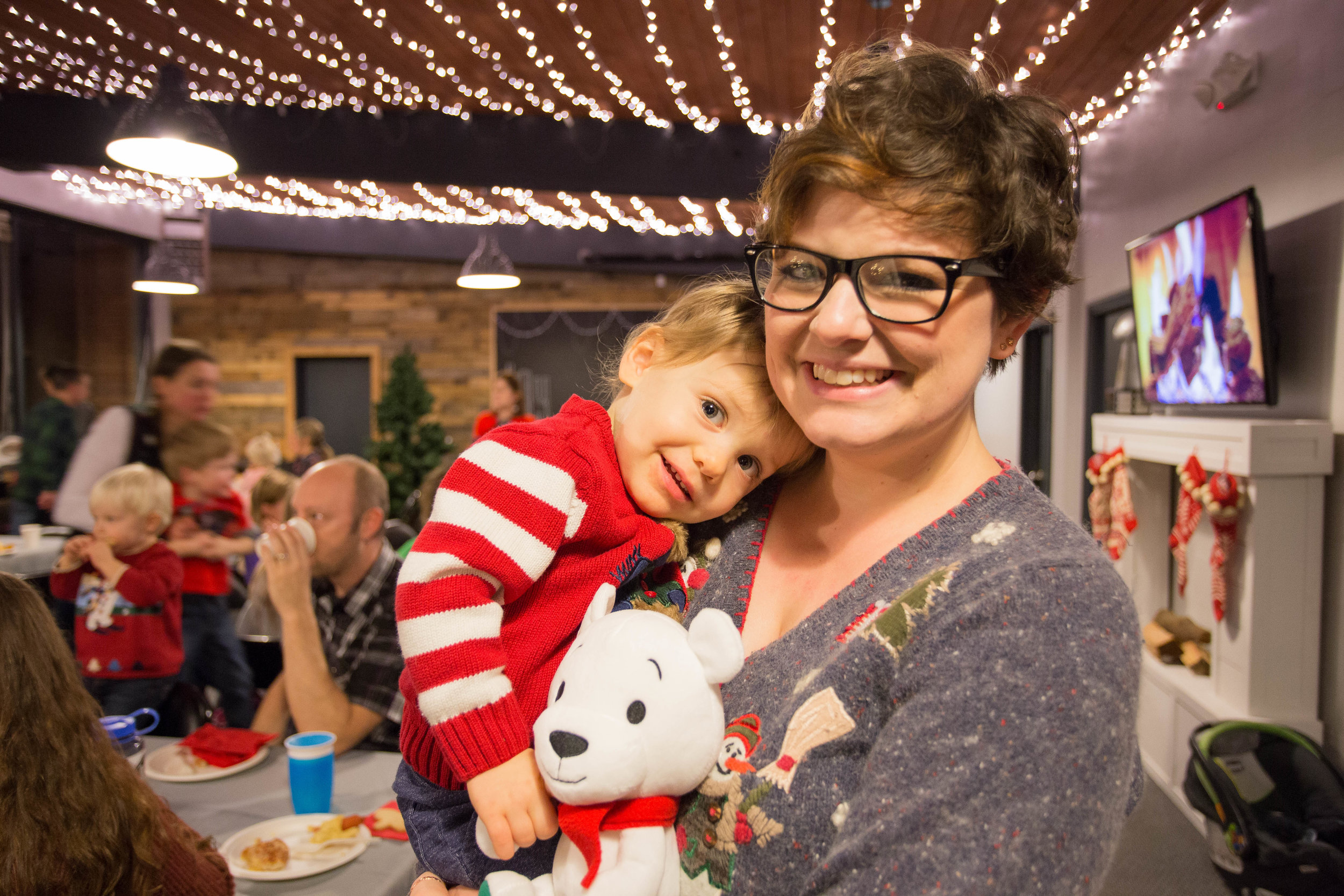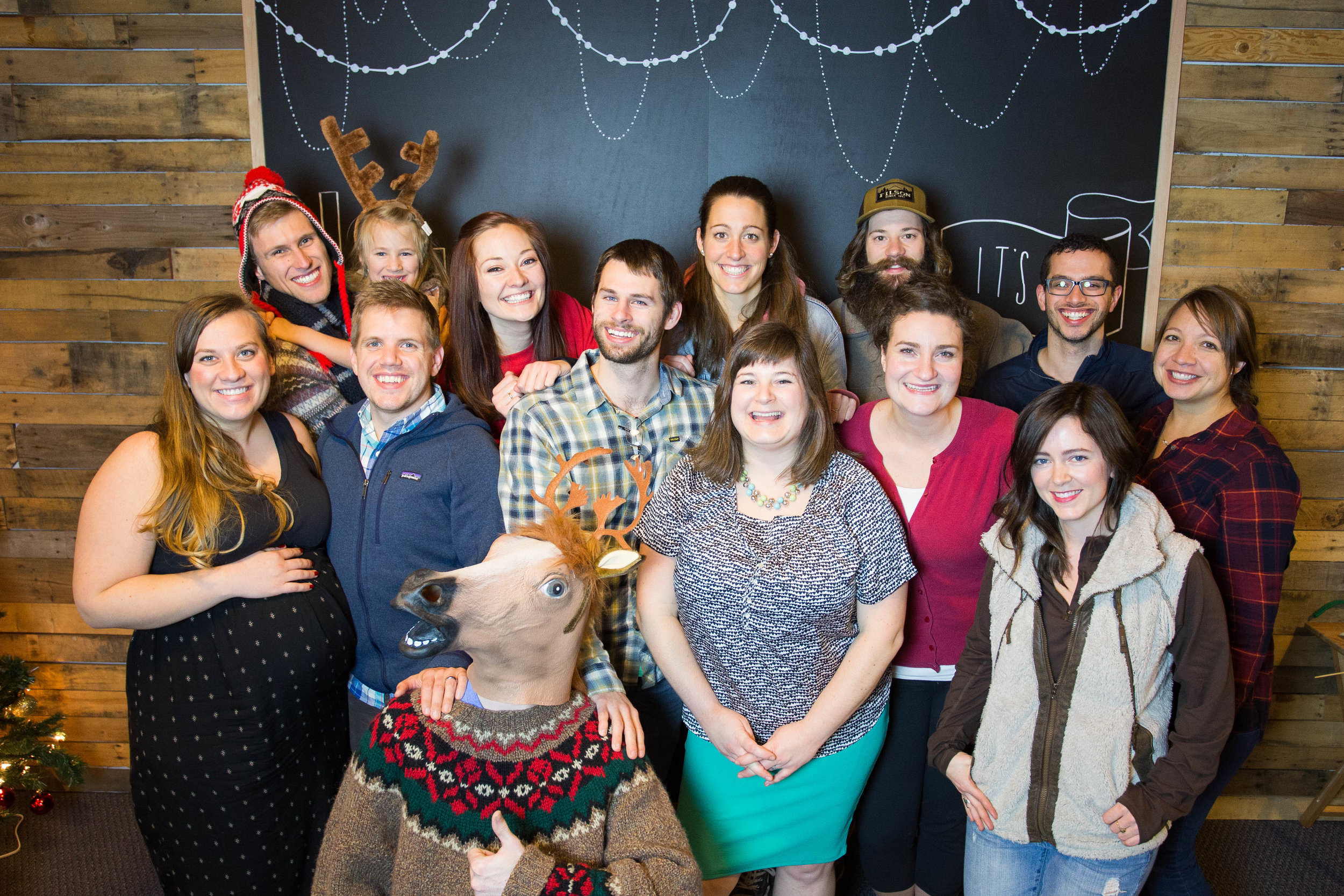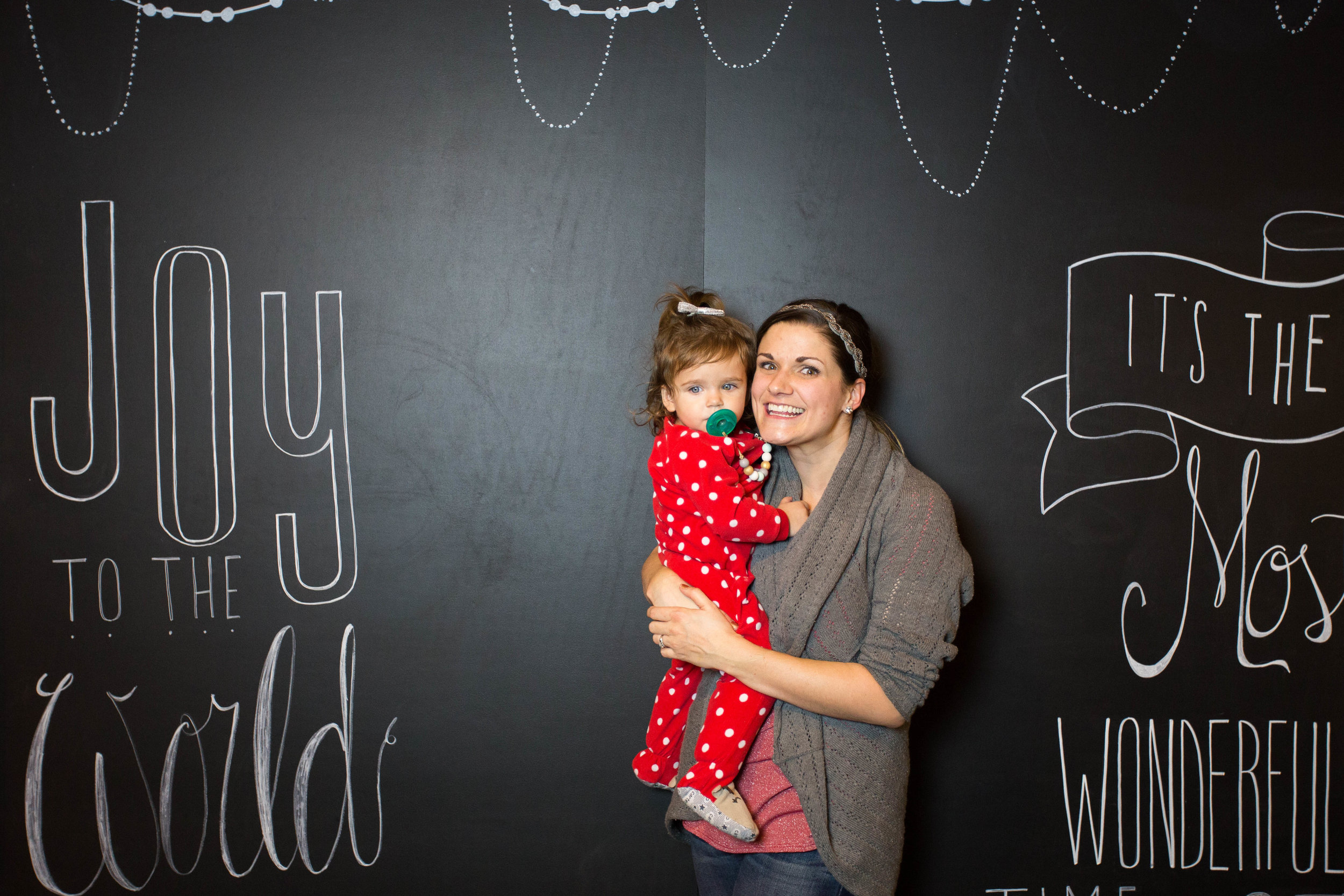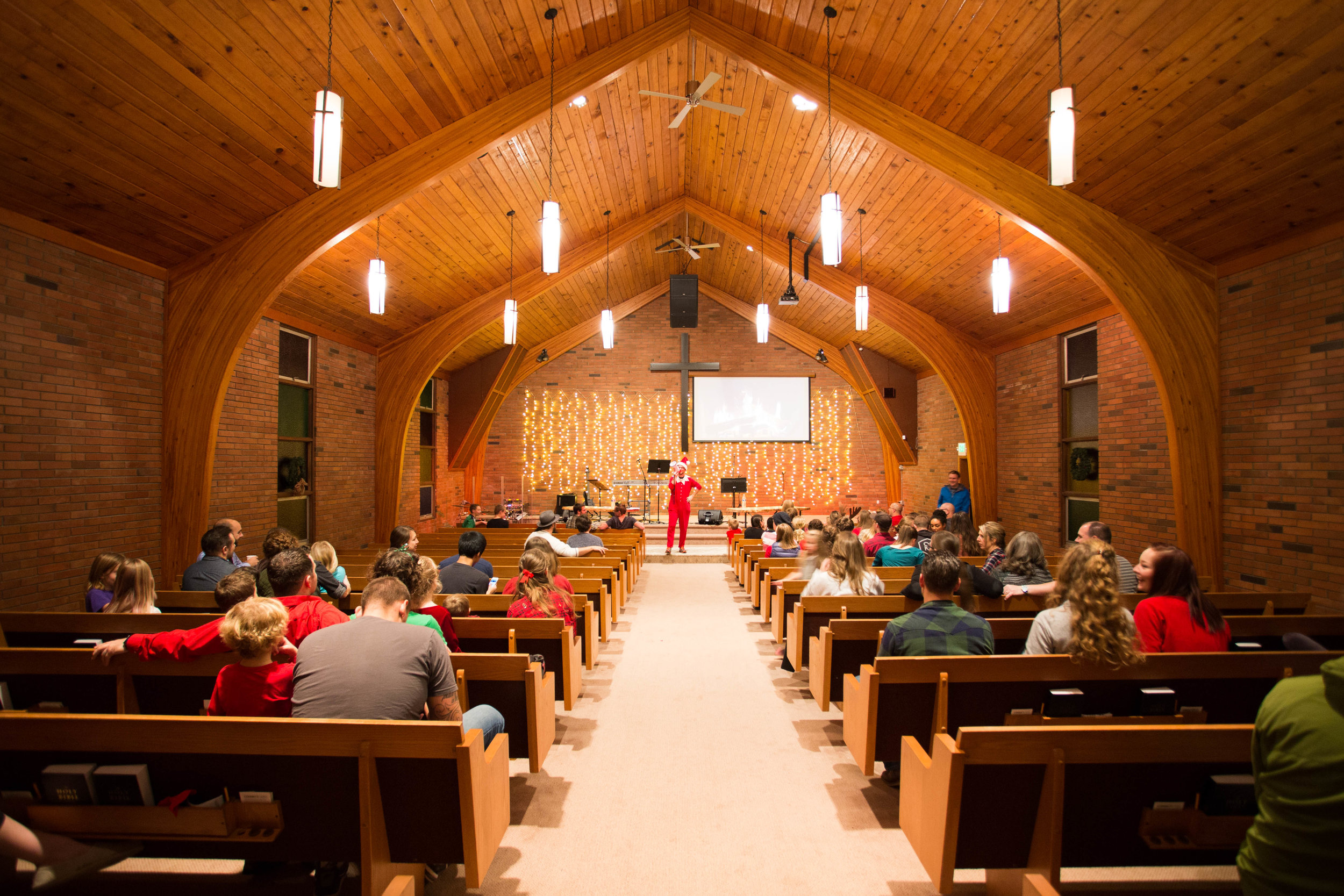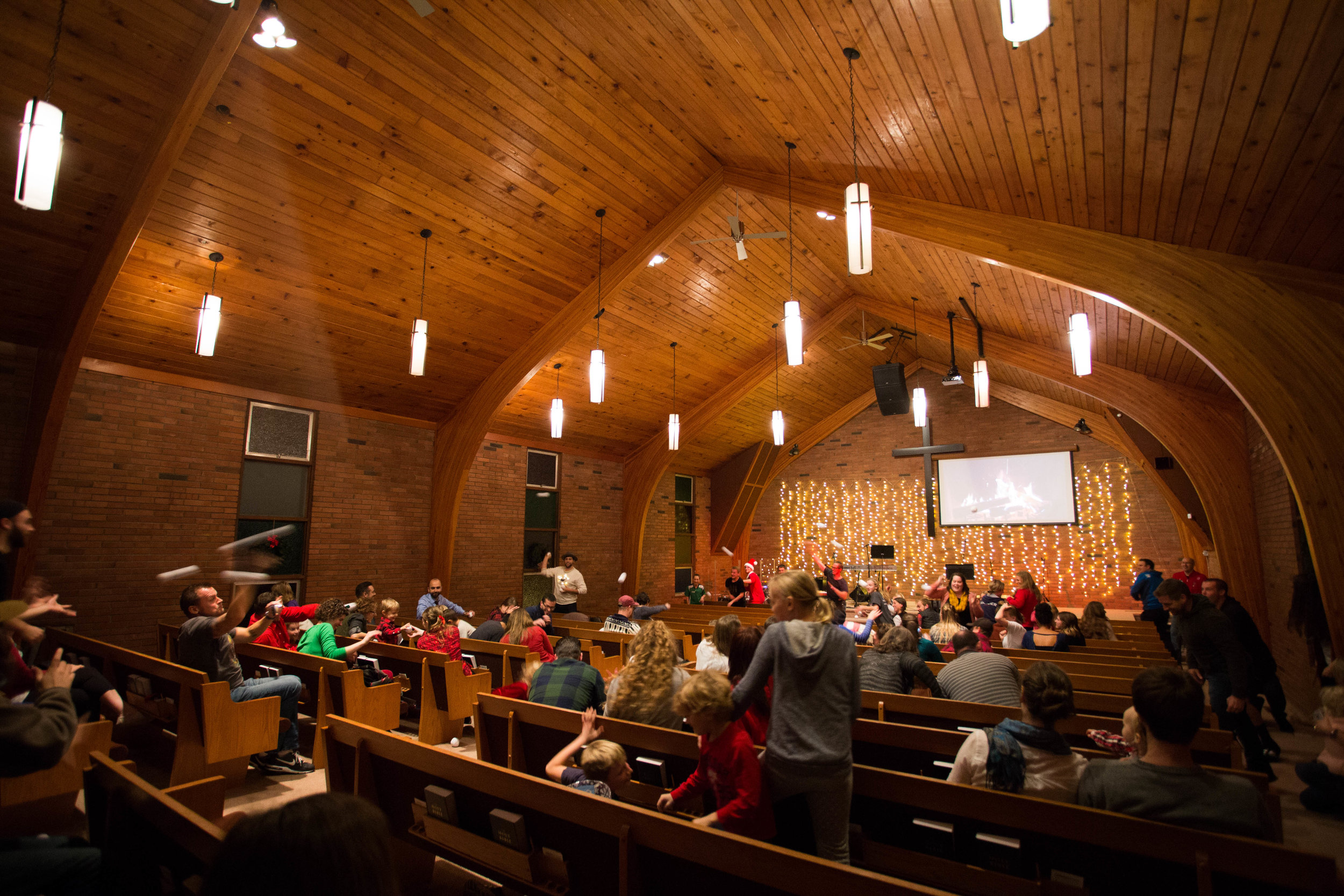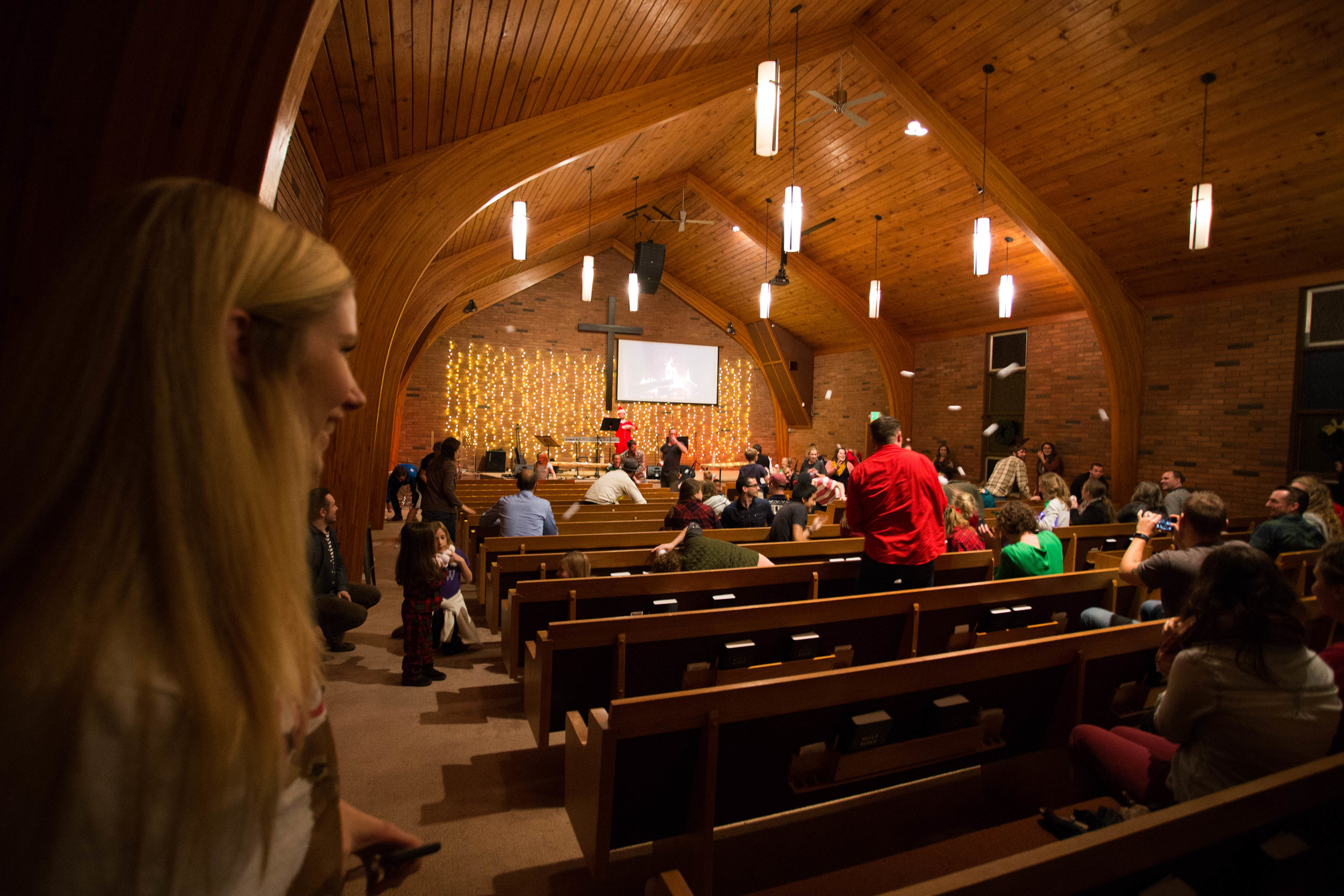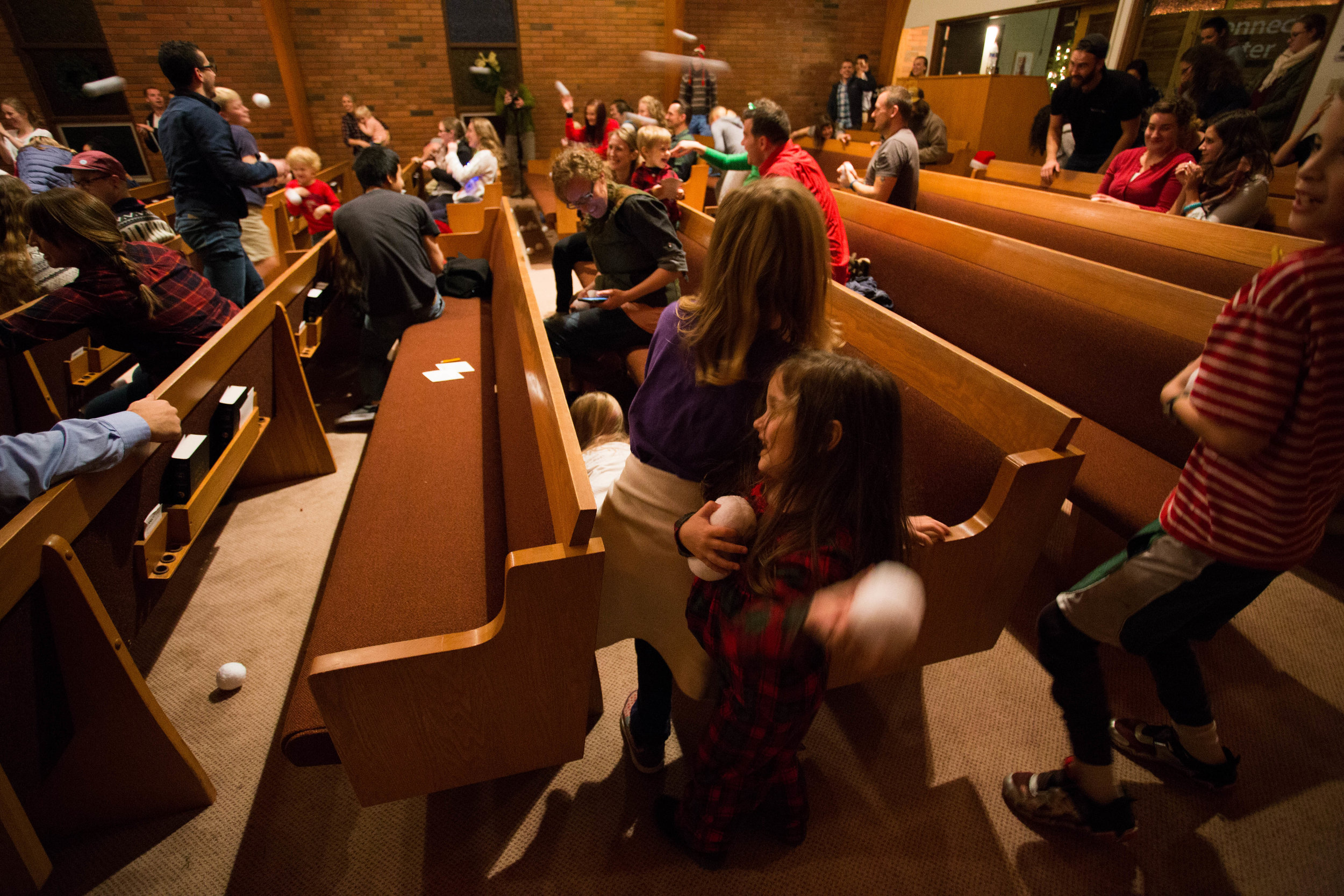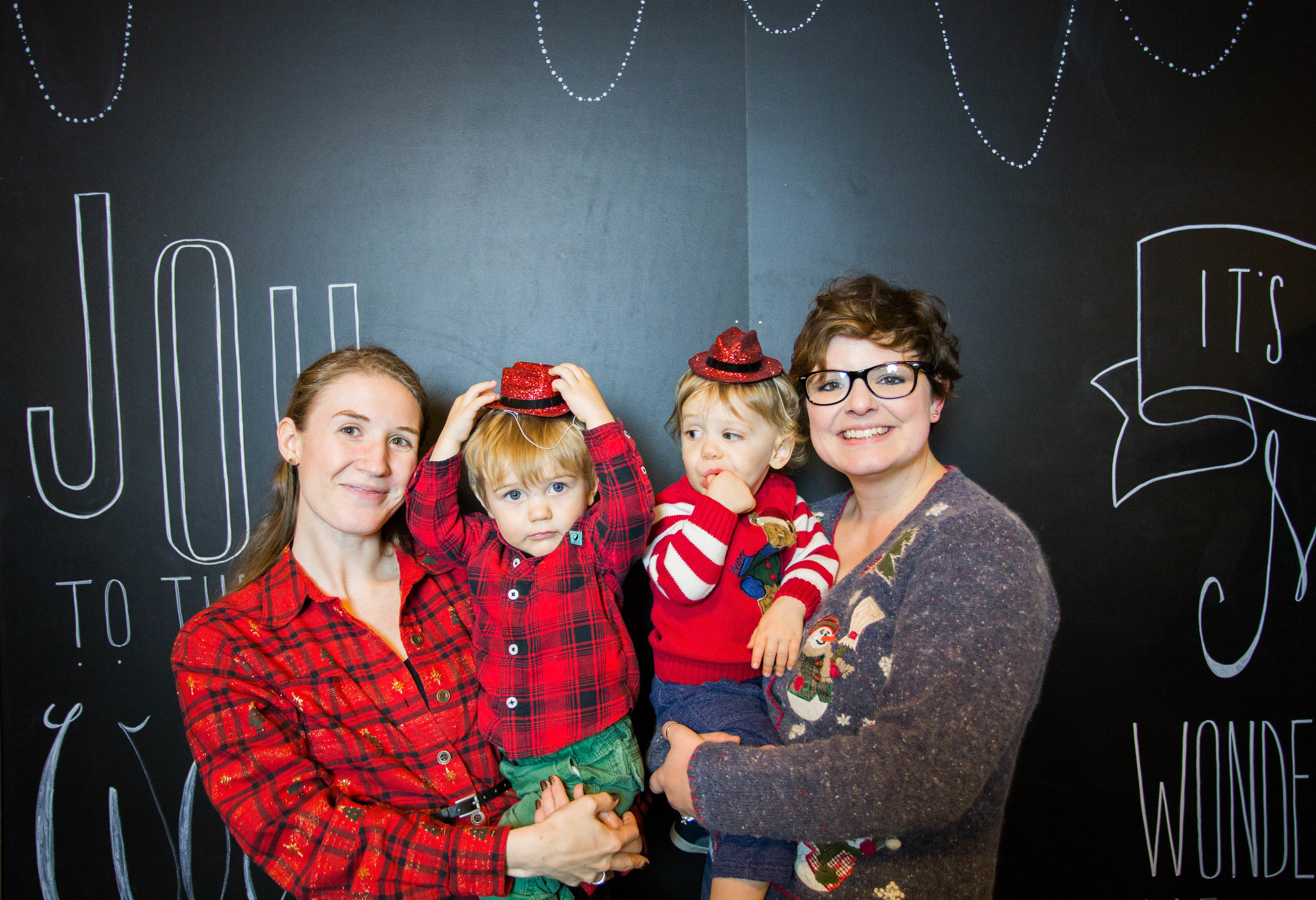This week’s post is by Brandon Adent, a deacon at Redeemer Church. He likes music, words, and words about music.
Hey Redeemer,
I have the honor and privilege to get to serve you as a musician, and I love it.
No matter how many times I’ve been through the songs in a given week, there’s something unique and special that happens when we all sing these songs together, and that’s a major reason I love serving the way I do.
I just love hearing you sing. There’s a couple reasons for that, but one in particular that I really want to highlight.
Up and Out
When we gather to sing, we do so in a few “directions”. I mean, they all resolve “up”, but there’s a few ways to get there.
First, as I mentioned, there’s a direct “upward” orientation to our singing; we sing directly to God, praising Him for who He is and thanking Him for what He's done.
Second, there’s an “outward” orientation. This is when people that don't know Jesus get to overhear our praises, not just in the words of the songs we sing, but in how we sing them. Hopefully, they get to hear changed hearts in raised voices, hearts that cry out “Abba, Father” (Gal 4.4-6). Hopefully, they see the goodness and grace He has extended in the gift of His Son and join their changed hearts and voices to ours as family in Jesus.
Singing Inward
In addition to “upward” and “outward” singing, there’s an “inward” orientation to our singing as well, where we get to encourage our sisters and brothers in Christ in our praise to God.
The Apostle Paul writes in the letter to the Colossians:
Let the word of Christ dwell in you richly, teaching and admonishing one another in all wisdom, singing psalms and hymns and spiritual songs, with thankfulness in your hearts to God. (Colossians 3.16)
One of the main reasons I love hearing you sing, from the platform or not, is that we all get to hear “the word of Christ” dwelling in us richly. On the surface, we're "just" a bunch of people singing. But united in our songs and praises to God, when we consider the Holy Spirit moving in our hearts and causing us to worship Him, we realize that something profound is occurring in the ordinary.
I get to lift my voice with you to sing and hear that God is holy, holy, holy, whose glory sinful people can’t see apart from Jesus.
I get to sing and hear where your hope is built, and on Whom you stand and are secure, though we’re prone to wander and leave the God we love.
In the midst of my frailty, I get to sing and hear of God’s amazing grace, that He would bear my cross, that He’d lay down His life so I could be set free.
I get to hear about the cross, the empty tomb, the risen and ascended Lamb, His victory over Satan, sin and death. That forever He is glorified, forever He is lifted High.
And when things don’t seem to be going so well, I know that before His throne I have a strong and perfect plea.
All these things remind me who God is, who I am, and what He’s done for me in the gift of His Son.
Our singing gives glory to our Father in heaven, and strengthens and encourages us until either when His Son returns or our time on this planet is done.
All that said, thank you.
Thank you for singing. It is deeply encouraging to me as I try to figure out what it looks like to love and serve Jesus.
I've said it before and I'll say it again: I really like to hear you sing.





